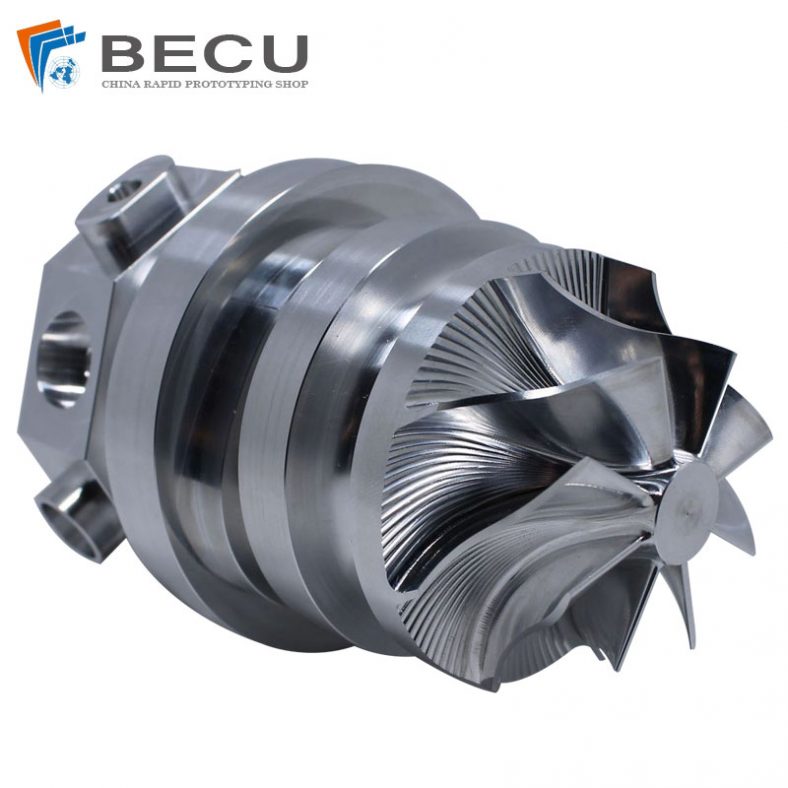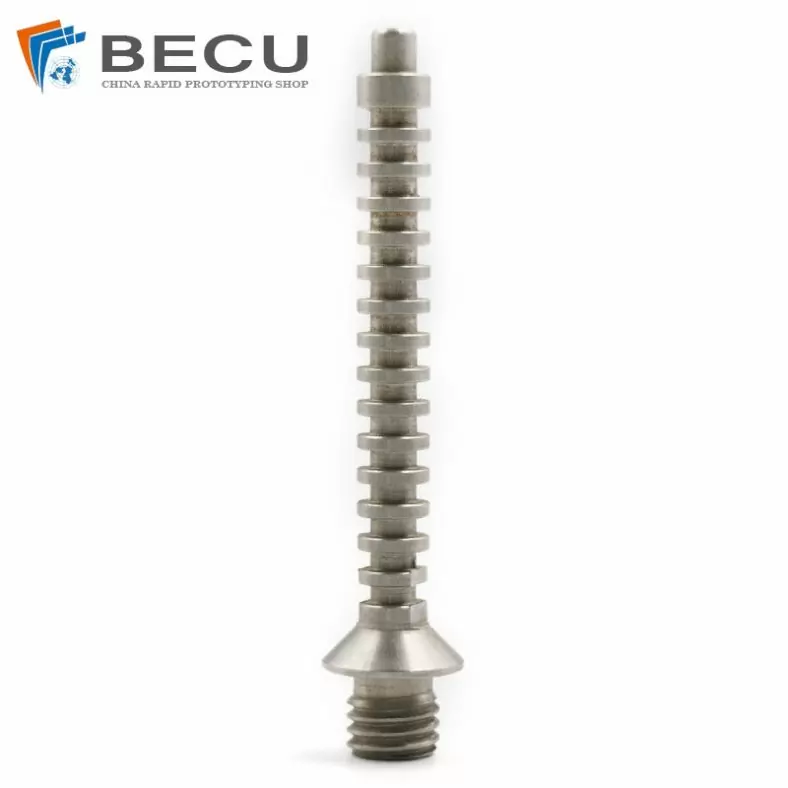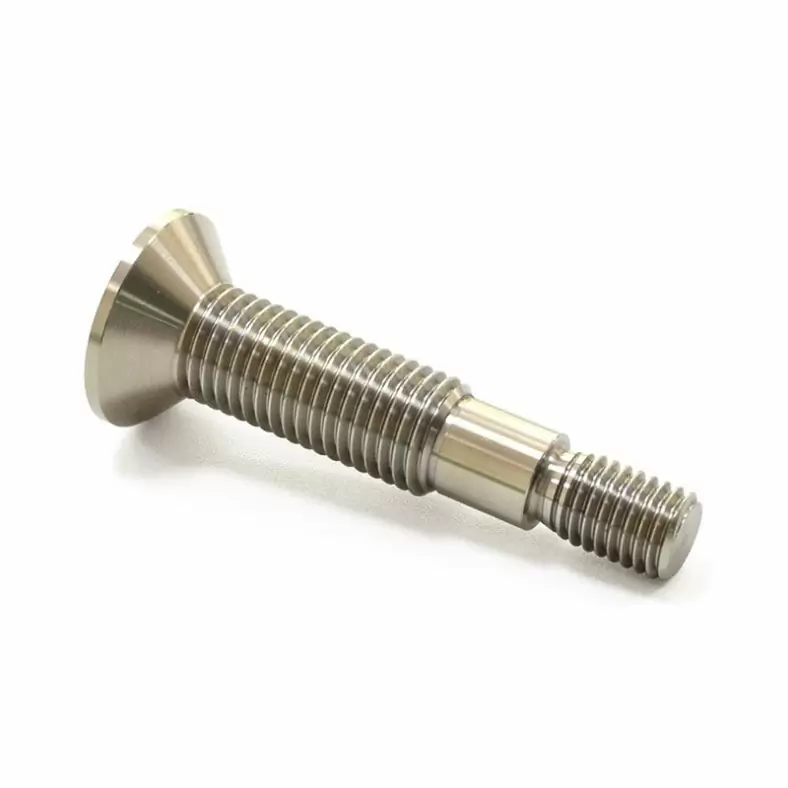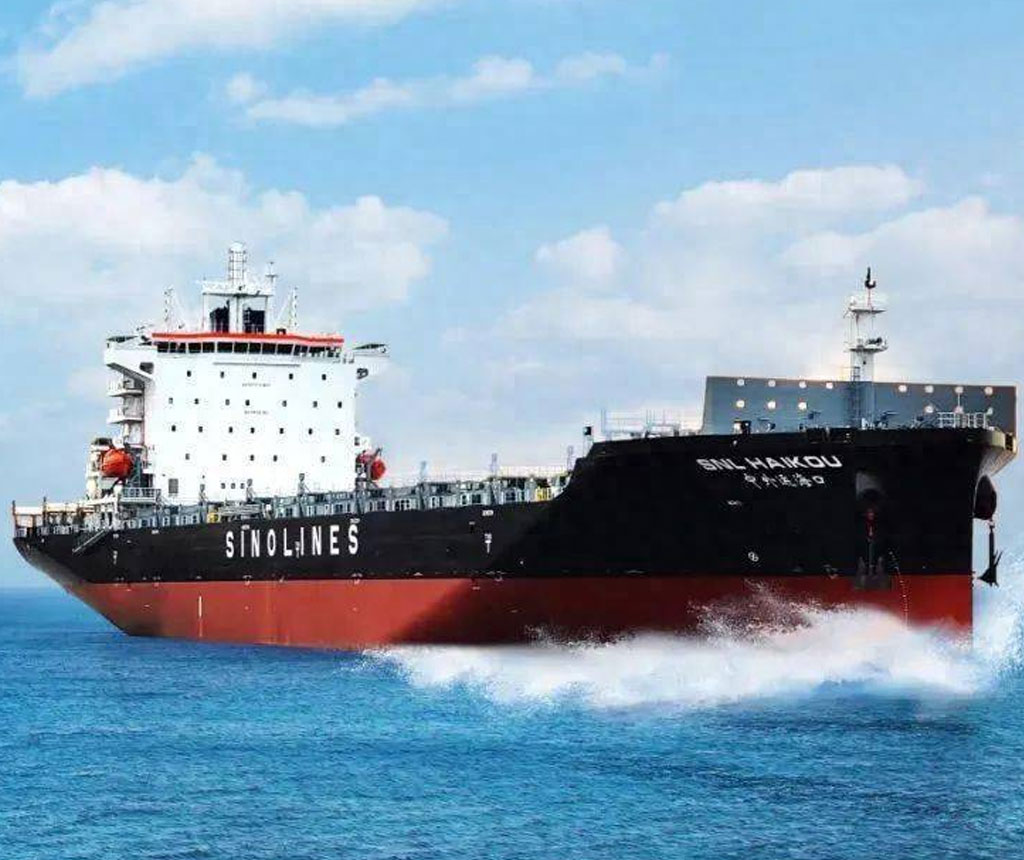
CNC Machining Marine Parts
Marine machining stands as a cornerstone of modern seafaring technology, playing a pivotal role in the development and maintenance of marine vessels and equipment. From the construction of colossal ocean liners to the intricate components of cutting-edge naval vessels, precision machining ensures the reliability, safety, and efficiency of maritime operations.
Marine machining encompasses the manufacturing, repair, and maintenance of various components used in marine applications. These components range from propulsion systems and steering mechanisms to hull structures and communication equipment. The precision and quality achieved through marine machining directly impact vessel performance, safety, and longevity.
Marine Machining Service – Cnc Machining Marine Parts
Be-Cu prototype has consistently demonstrated its commitment to excellence in precision engineering and manufacturing. Over the years, we have developed a strong reputation for delivering high-quality marine components for various industries. Our team’s expertise in cutting-edge machining techniques, materials science, and advanced technologies uniquely positions us to make significant contributions to the marine sector.The maritime industry is undergoing transformative changes, driven by factors such as increasing environmental concerns, regulatory shifts, and the demand for enhanced performance and safety. These challenges present us with opportunities to leverage our capabilities and collaborate in the following areas:
- Innovative Component Development: We propose to collaborate on the design and machining of innovative marine components that optimize vessel performance and safety. Our expertise in 5 axis/CNC milling, swiss turning,cnc turning and edm machining can be harnessed to create components with high precision and functionality.
- Material Selection and Corrosion Resistance: The marine environment demands materials that can withstand corrosion and wear. Through joint research and development, we can identify and test materials that offer superior corrosion resistance, extending the lifespan of critical marine components.
- Green Machining Solutions: Sustainability is becoming paramount in modern manufacturing. By integrating eco-friendly machining practices, such as efficient coolant systems and energy-saving processes, we can contribute to greener maritime operations.
- Digitalization and Automation: We recognize the value of digitalization and automation in improving efficiency and quality. Collaboratively implementing digital twin technology and real-time monitoring systems can result in streamlined processes and reduced downtime.
Our shared commitment to excellence, along with our complementary expertise, makes this collaboration a promising avenue for achieving breakthroughs in marine machining.
Applications of CNC Machining in Marine Industry
From intricate propellers to precision navigation equipment, CNC machining finds versatile applications across the entire marine industry landscape.
1. Propulsion Systems Optimization
The heart of any vessel’s performance lies in its propulsion system. CNC machining plays a pivotal role in optimizing propellers and propulsion components:
- Propeller Design and Manufacturing: CNC machining allows for the creation of intricately designed propellers tailored to the vessel’s specific requirements. Precision machining ensures optimal hydrodynamics, reduced cavitation, and improved fuel efficiency.
- Shaft Fabrication: Propulsion shafts are subjected to tremendous stress and torque. CNC machining produces shafts with exacting tolerances, enhancing their durability and minimizing vibrations during operation.
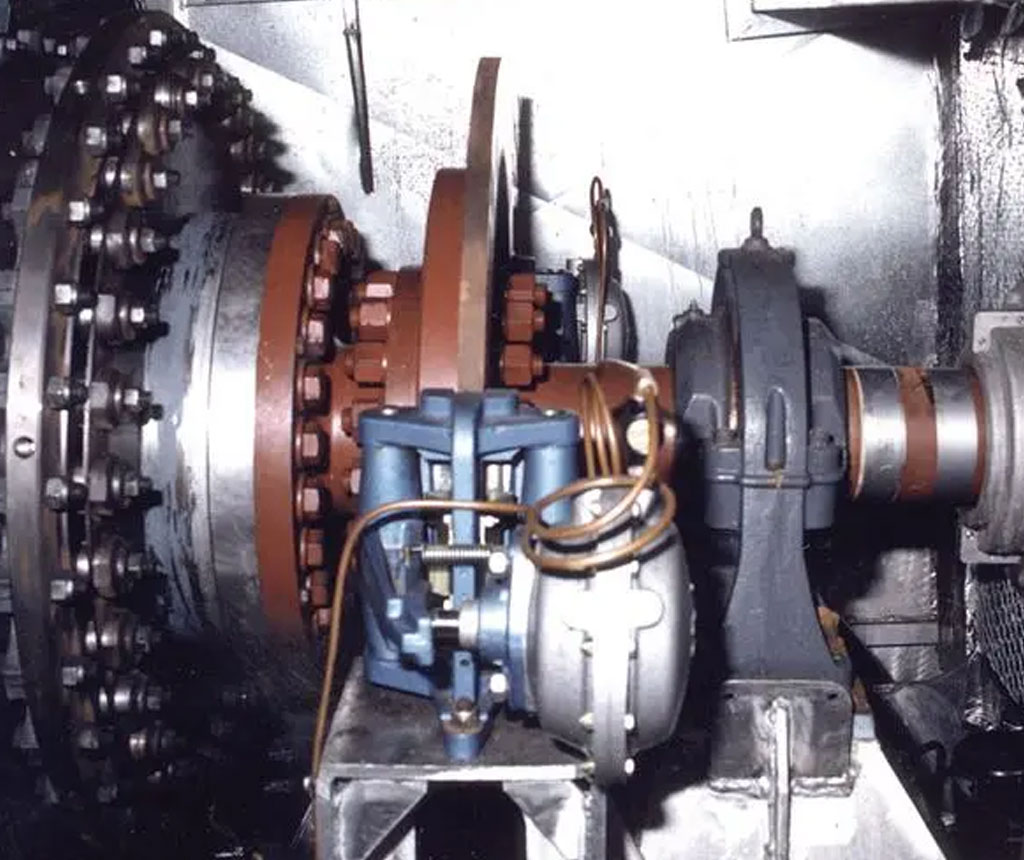
2. Navigation and Communication Equipment
Marine vessels rely on sophisticated navigation and communication equipment for safe and efficient journeys. CNC machining contributes to the production of precision components for these systems:
- Radar Arrays: CNC machining creates the precise housing and components required for radar arrays, ensuring accurate signal reception and emission even in adverse weather conditions.
- GPS and Communication Consoles: The intricacies of GPS and communication systems demand precision manufacturing. CNC machining guarantees the creation of components that maintain signal integrity and connectivity.
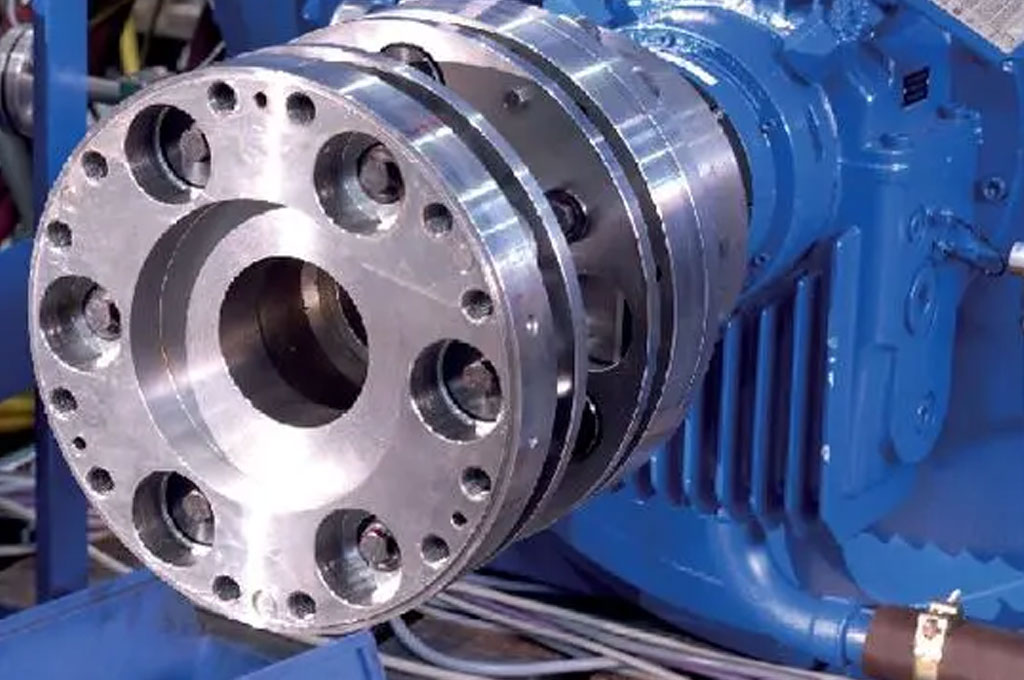
3. Structural Components
The robustness of marine vessels hinges on the structural integrity of their components. CNC machining assists in crafting durable and reliable structural elements:
- Hull Fittings: CNC machining produces accurately fitting hull components, including portholes, hatches, and attachment points, ensuring watertight integrity and structural strength.
- Deck Hardware: From railing mounts to cleats, CNC machining fabricates deck hardware that withstands the harsh marine environment while maintaining its functionality and appearance.
4. Fluid Systems Enhancement
Fluid systems are the lifelines of marine vessels, and CNC machining enhances their efficiency and reliability:
- Valves and Pumps: CNC machining creates precisely engineered valves and pumps that regulate fluid flow with minimal leakage, crucial for efficient fluid management on board.
- Pipe Fittings: Whether for water, fuel, or other fluids, CNC machining produces precise pipe fittings that ensure proper connections, minimizing the risk of leaks and maintaining system integrity.
5. Green Propulsion Systems
As the maritime industry embraces eco-friendly solutions, CNC machining enables the production of components for sustainable propulsion systems:
- Hybrid and Electric Motors: CNC machining creates intricate components for hybrid and electric propulsion systems, contributing to energy-efficient and low-emission marine solutions.
- Battery Housings: CNC machining fabricates precise housings for marine batteries, ensuring their safe integration into the vessel while meeting stringent safety standards.
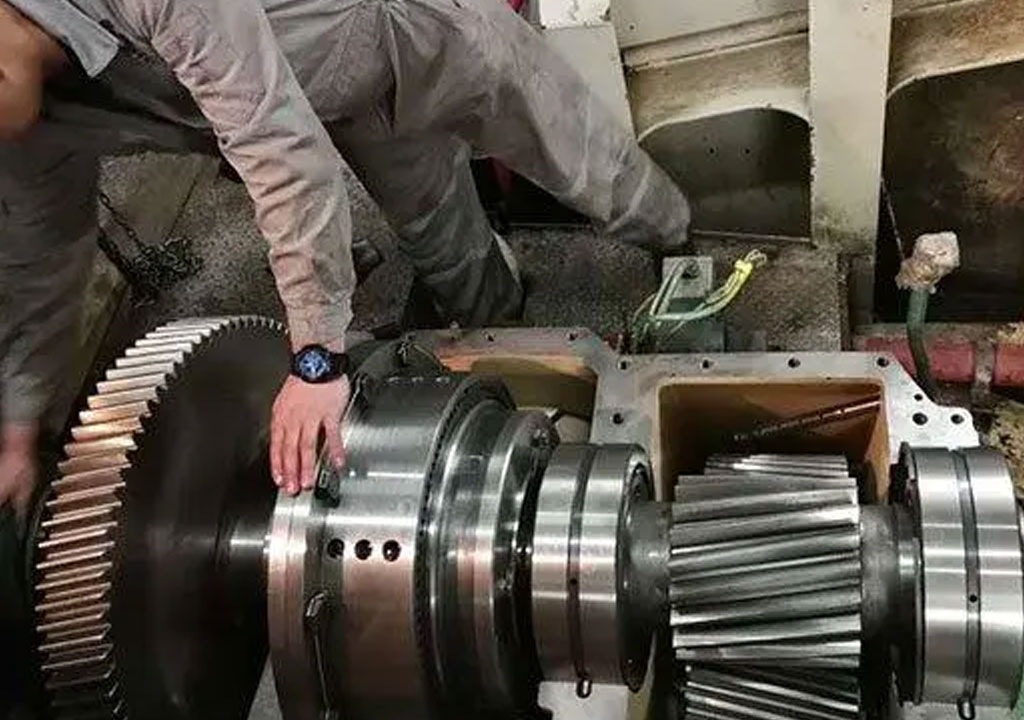
The applications of CNC machining in the marine industry are as diverse as the vessels that navigate the open waters. From enhancing propulsion systems and navigation equipment to bolstering structural integrity and optimizing fluid systems, CNC machining empowers marine engineers to achieve new levels of precision and performance.
At Be-Cu prototype, we’re proud to stand at the forefront of CNC machining’s integration into the marine sector. Our expertise, coupled with our commitment to innovation and quality, makes us your trusted partner in transforming maritime technology. Whether it’s revolutionizing propulsion, elevating communication, or enhancing vessel integrity, CNC machining is a driving force that propels the marine industry toward a future defined by excellence and efficiency.
Our CNC Machining Capabilities for Marine Industry
Our commitment to excellence is epitomized by our cutting-edge CNC machining technologies. These technologies enable us to craft marine components with unparalleled precision, meeting the stringent requirements of the maritime industry:
- Multi-Axis Machining: Marine components often demand complex geometries that cannot be achieved through conventional machining. Our multi-axis CNC machines offer the freedom to create intricate shapes and contours, ensuring components fit seamlessly into the overall marine system.
- High-Speed Machining: Efficiency is a hallmark of our CNC machining processes. High-speed machining not only reduces production time but also enhances the surface finish and dimensional accuracy of components, ultimately contributing to the overall performance and reliability of marine systems.
- Prototyping and Customization: The marine industry is characterized by its diversity, with vessels ranging from massive cargo ships to nimble offshore patrol vessels. Our CNC capabilities extend to rapid prototyping and customization, enabling us to tailor components to the specific needs of each marine application.
- Materials Expertise: Our CNC machining prowess encompasses a wide range of materials used in the marine sector. From stainless steel and aluminum alloys to titanium and advanced composites, our expertise ensures that the material’s unique characteristics are harnessed to their fullest potential.
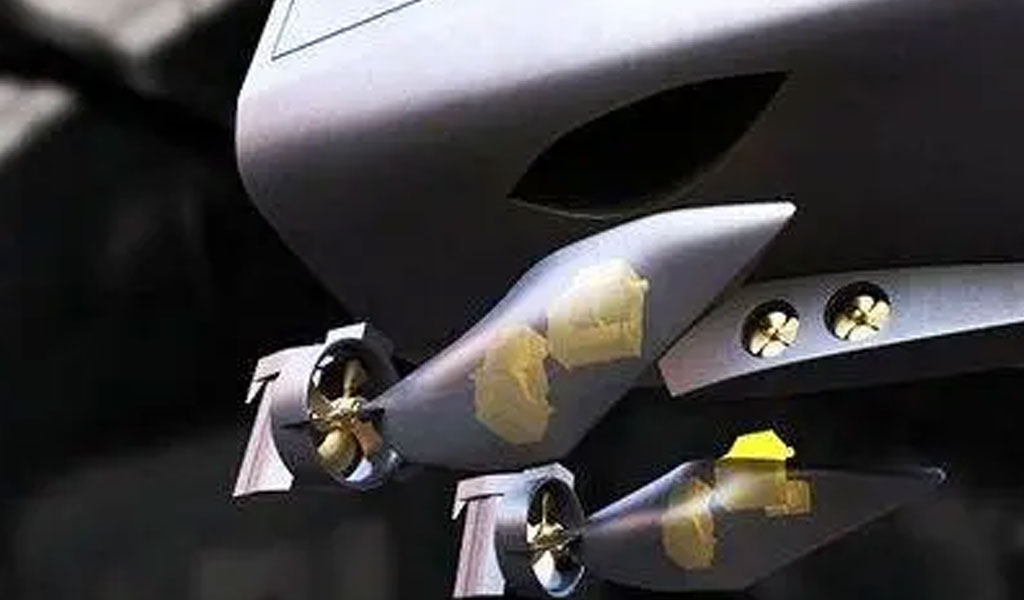
Different Material Options at Be-Cu Inc.
In the dynamic and challenging marine environment, where components are constantly exposed to the corrosive forces of saltwater, the selection of appropriate materials becomes paramount. To ensure the longevity and reliability of marine systems, our company specializes in working with a diverse range of corrosion-resistant materials. These materials are carefully chosen to withstand the harsh conditions, maintain structural integrity, and contribute to the overall efficiency of marine operations. Below is an overview of the corrosion-resistant materials we excel in working with:
Stainless (Austenitic, Duplex, Super Duplex)
Aluminum (5000 and 6000 Series)
Copper-Nickel Alloys (90/10, 70/30)
Titanium Alloys
Bronze and Brass Alloys
Plastics and Composites
In addition to selecting corrosion-resistant base materials, we also offer a range of coatings and surface treatments. Protective coatings like epoxy coatings, anti-fouling paints, and galvanization further enhance the resistance of components against the harsh marine environment.At Be-Cu, we recognize that the choice of materials profoundly influences the performance, safety, and maintenance requirements of marine systems. Our expertise lies in meticulously assessing the specific requirements of each component and selecting the optimal corrosion-resistant material. Whether it’s a propeller shaft subjected to constant immersion or a navigation console exposed to sea spray, our commitment to quality ensures that our clients receive components that endure the challenges of the marine environment.
Furthermore, we continually stay abreast of material advancements and industry trends to provide our clients with the most innovative and reliable solutions. Our engineers and technicians are skilled in working with these diverse materials, employing cutting-edge machining techniques to fabricate components that meet or exceed industry standards.
As we venture into a maritime future defined by evolving regulations, sustainability goals, and technological advancements, our unwavering dedication to excellence remains the driving force behind our material selection and machining processes. We take pride in contributing to the seamless operation of marine systems through the careful integration of corrosion-resistant materials.
Why Choose Our Marine Machining Service?
- Save time and money for your Marine project but quality guaranteed.
- High productivity, outstanding efficiency and high accuracy
- A wide range of material grades and alloy materials can be machined
- Custom complex marine machined parts and components at specific tolerances
- High speed machining for prototyping and low to high volume production runs
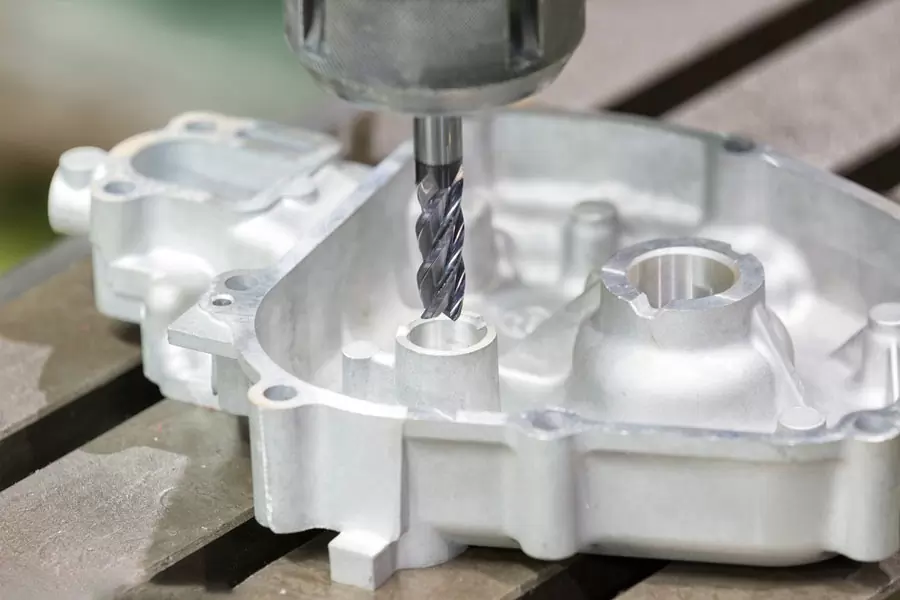
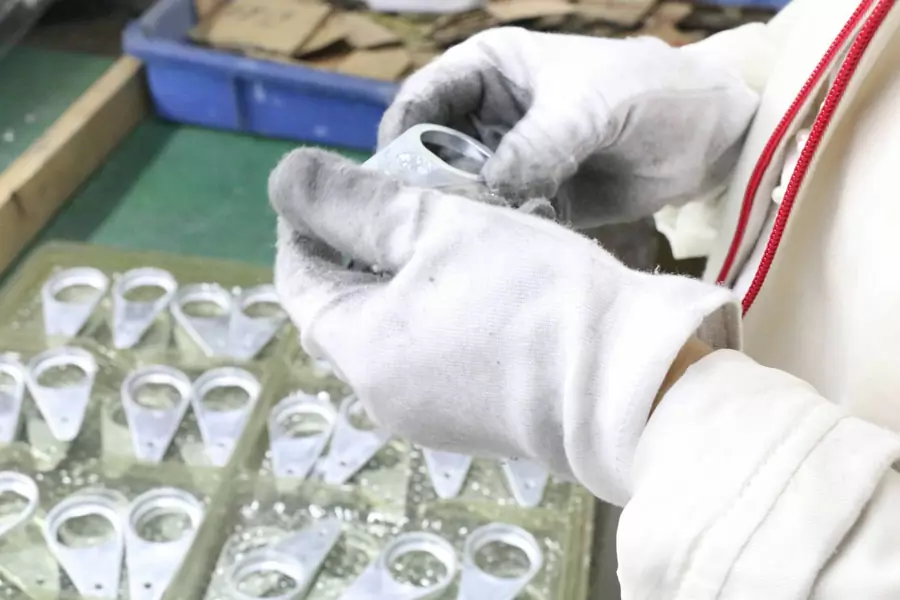
Certifications & Quality Machining
- ISO 9001:2015 certified
- Fully compliant with the exacting requirements of our customers
- Compliance in DFARS materials sourcing requirements
- Strict compliance with PPAP and Process
- FMEA for Bicycle customers
- Skilled in KanBan and CMM Inspection and inventory management systems
- ITAF 16949 certified
Top China Marine Cnc Machining Parts & Case Studies
With the continuous maturity and development of CNC Machining technology, more and more Marine manufacturers have introduced this technology for prototype testing, design proofing, parts customization and other applications. By exploring our success stories, you can learn about: the development of CNC Machining in the Marine industry, the application of CNC Machining in Marine molds, how CNC Machining changes the marine manufacturing supply chain, and more.

